How many chickens should I keep in order to make a profit?
As a farmer, your major goal should be to maximize the income you earn from your venture just like any other business person targets.
While doing so, many farmers especially newbies tend to want to work along with possible limits that their farms can allow.
While doing this makes sense, many farmers just find it hard to arrive at the right number of chickens to keep on their farms.
This article will help you make that important decision.
Why should you be concerned with the number?
Apart from looking at the profitability of keeping the maximum number of chickens you can, you must also consider several things that are essential to the productivity of your farm.
Sometimes, actions you take might be counterproductive in your other efforts then you keep wondering why all the extra efforts you are putting into your farm is not resulting in additional farm produce.
Factors to consider when considering the number of chicken to keep
Now that you have decided to venture into chicken farming, these are the factors that will guide you on the number of chickens you may want to keep in your flock.
Your proficiency level
I can say much about different levels of proficiency in chicken farming, but one thing is for sure, if you are just starting chicken farming, it will not be a good idea to start your venture with 1000 chickens. I would recommend that you start with a small flock.
It is easier to put up a basic chicken coop for three or more chickens. A smaller flock will give you enough time to learn the intricacies of chicken keeping as you work your way up to becoming a seasoned chicken farmer. It’s the small steps that count in your farming journey.
Labour
In as much as you may be passionate about chicken farming and want to rear the precious birds, the venture will require your time and attention.
If you have other jobs and you will not be in a position to give enough time and attention to the flock, then you may want to scale down the number of birds in your flock.
This also applies to those who farm free-range birds. Some birds may show hard-to-see symptoms of a disease that you may be too busy to notice if you don’t carefully observe your chicken daily.
Chicken for eggs
Everybody loves eggs especially as part of their breakfast menu. As a chicken farmer, you can also farm chicken for the sole reason of eggs.
If you keep chicken for basic domestic consumption, then the basic rule is three chickens for every two family members. Of course, this differs depending on the age of the chicken and its cycle of production.
Older birds often lay fewer eggs. So, to save on resources, sell or feast on the older flock and replace them with younger layers. This is important to ensure profitability on your farm.
Chicken for breeding
Chicken breeding is currently a booming business venture and many people are cashing in on it. If you intend to raise chicken specifically for breeding purposes, then you will need to balance the ratio between the roosters and the hens.
Usually, one rooster can best serve up to ten hens. As the number of hens grows, so should the number of roosters on your farm.
Once the eggs hatch, it is important to select the best roosters among the chicken and cull the rest. This will improve the genetic line of the chicken. Also, if possible, change the rooster after successful matings. This will help avoid the rooster from mounting its chicks.
Chicken feeds
Chicken feeds eat up a big chunk of the budget of raising chicken for both domestic and commercial consumption. Depending on your financial muscle, you may decide to practice the free-range chicken keeping as in this case, your chicken will fend for themselves and you will only need to provide water.
In commercial farms, it will be wise if you choose to mill and mix your chicken feeds. This will save you a lot of money in buying readily mixed chicken feeds which are usually expensive. You however have to take keen note of the ratios of the ingredients of the feeds and I’d advise you to seek a professional opinion before embarking on this route.
Depending on your ability to buy or mix feeds on your own, you will want to strike a balance at which feeding the chicken makes economic sense. To strike a balance, you may need to reduce the chicken in your flock to make your venture tenable.
Available space
The space that is available will also determine the number of chicken you can keep on your farm. For example, a deep litter house measuring 6 m by 11 m can hold 200 egg-laying hens. This comes to about 3 birds per square metre. If your chicken is free-range, then you need almost 1 square metre for every bird. It is always advisable that you give extra space.
You must also consider perching space for the birds to rest on. Chickens intuitively like to rest on perched areas and while you build your coop, you must put this into consideration. Perch area requirement varies with the type of bird you keep. For layers, it ranges between 20-25cm while for broilers, it ranges between 15-20cm. Considering this, you will have to increase the perch Area or reduce your flock to make sure that all the chicken are comfortable.
It is important to note that space requirements vary with the age and type of chicken. Layers will require less space than broilers. However, they will require more perch space for resting than broilers.
Law
In some places especially in urban areas, the law will not allow you to keep beyond a certain number of chickens.
There have been calls to introduce the chicken tax in some regions within the country where you will be required to pay a certain amount of money for every bird in your flock. These charges can add up and eat into your profits. Some residential associations have they own guidelines, where some do not allow the keeping of chickens.
You may decide to keep fewer but more productive chickens or move to an area that the law is more lenient for farmers to keep chickens.
Tips on keeping more chicken
- Learn the art
By learning how to well manage and care for chickens, you will be more confident and equipped with the necessary knowledge about chicken farming. With this, you can add more chicken to your flock knowing well the challenges to expect and how to counter those challenges.
Also, once you learn to properly identify diseases and learn to administer medication through injections, you will save on the costs of hiring professional vets.
- Move to a bigger space
Most urban areas have very limited space for chicken farming with a large flock. If this is your passion and you do this as your major source of income, you may want to decide to move outside the urban area to a place with more space and resources to enable you to keep a larger flock.
If moving is untenable, you can also build a storey building for keeping your chicken. This will allow you to keep more chicken on a smaller parcel of land
- Employ more staff
There is a limit to what you can handle when it comes to chicken farming. If it gets to a point where you feel overwhelmed, then I would advise you to employ more staff or engage your family for some help. Chicken farming, especially commercial chicken farming, requires much labour is constantly refilling the water and monitoring the chicken. Having more hands to help with your venture will give you a leeway to add more chicken to your flock.
- Produce your feeds
As earlier mentioned, chicken feeds can easily eat up the bulk of your profits if you are not creative. Successful chicken farmers have learned the craft of formulating their chicken feeds. If you can learn the craft too then there is nothing that will stop you from also becoming a profitable chicken farmer.
- Mechanize your farm
By using drinker nipples and feed dispensers, you will cut down the labour size you will require to keep your chicken. This will give you the freedom to add more chicken to your flock without necessarily worrying about the workload. Mechanization will also help you reduce contact frequency between you and the chicken thereby lowering the chances of you bringing disease to the chicken.
With all these tips, you are free to conquer the world, one egg at a time.

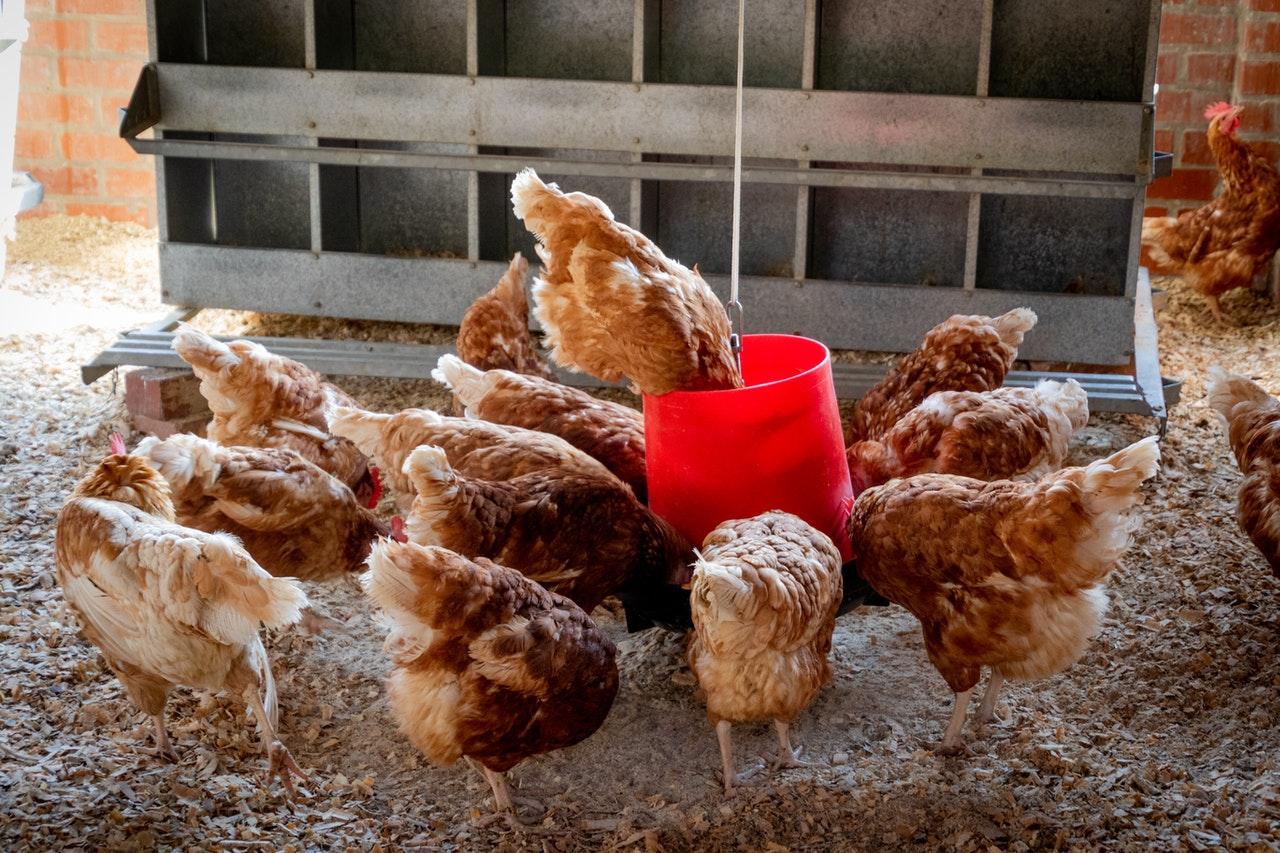
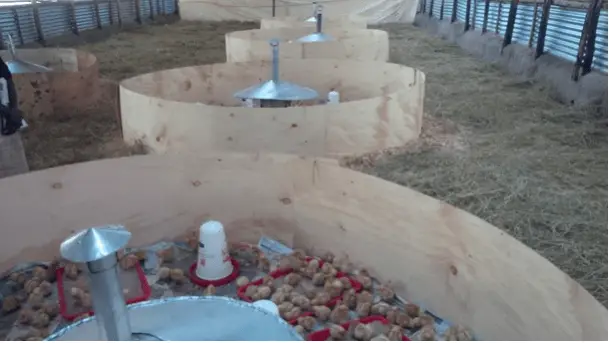
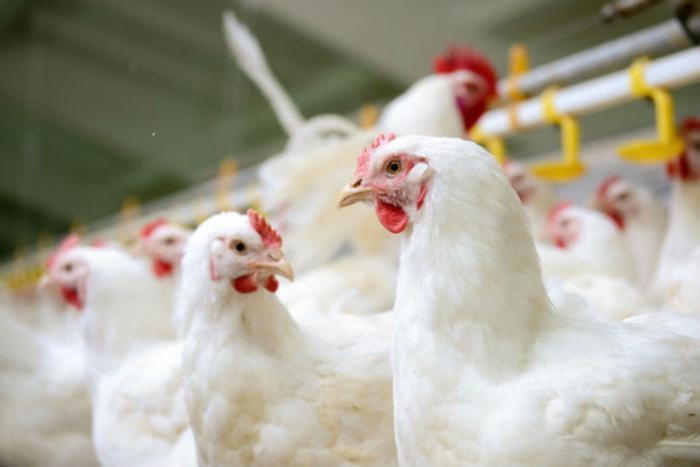
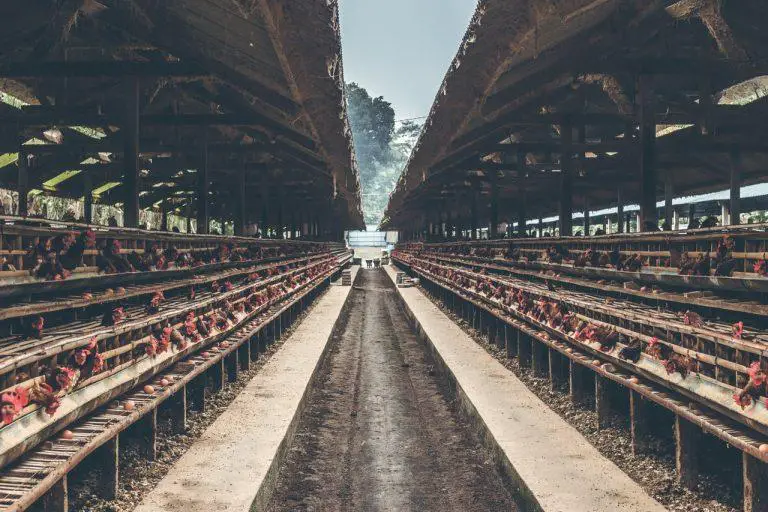
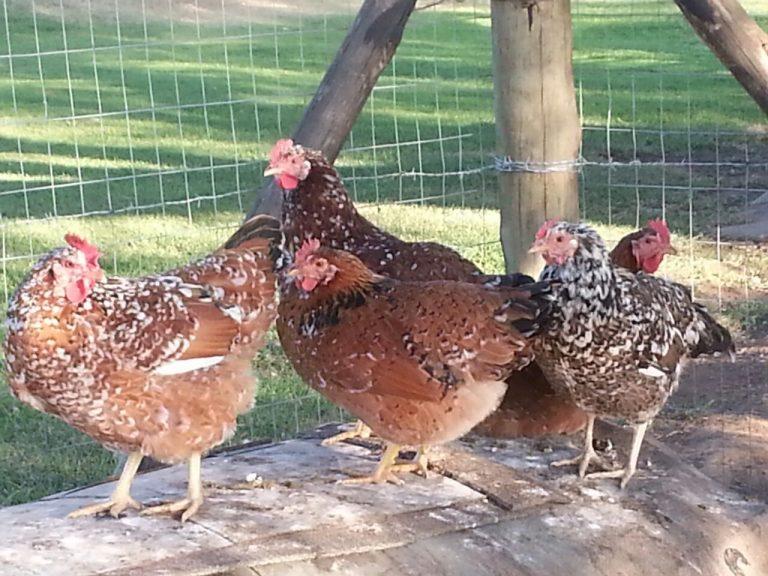


Informative
Interesting
Informative
Interesting